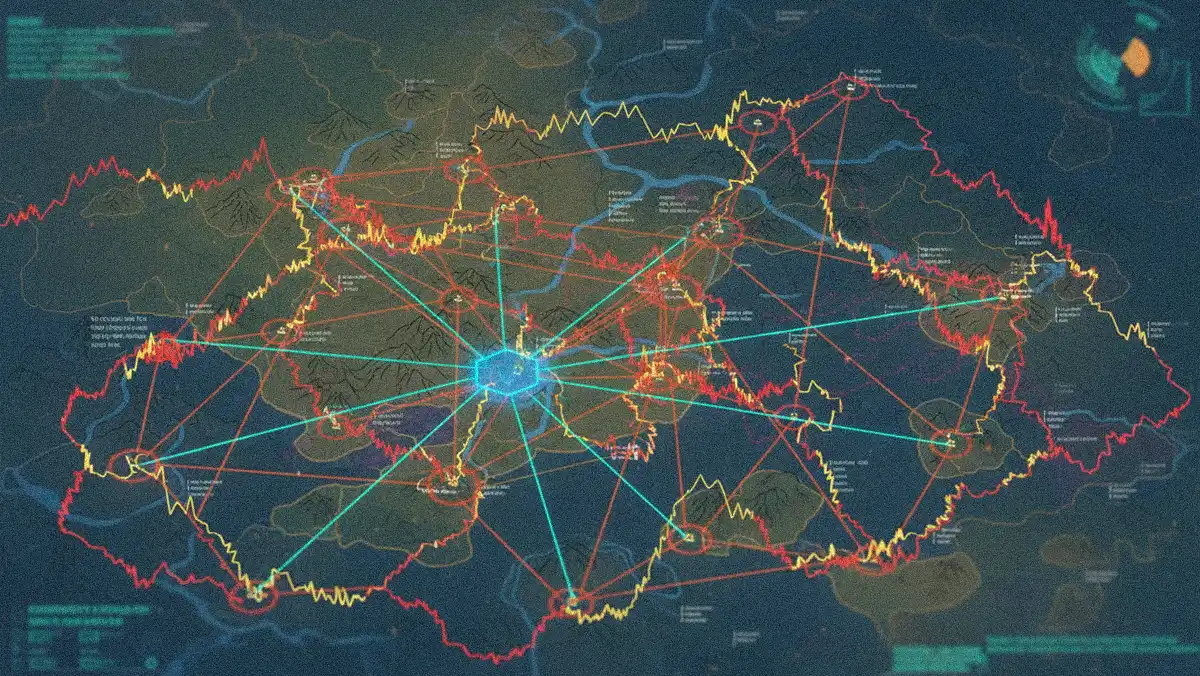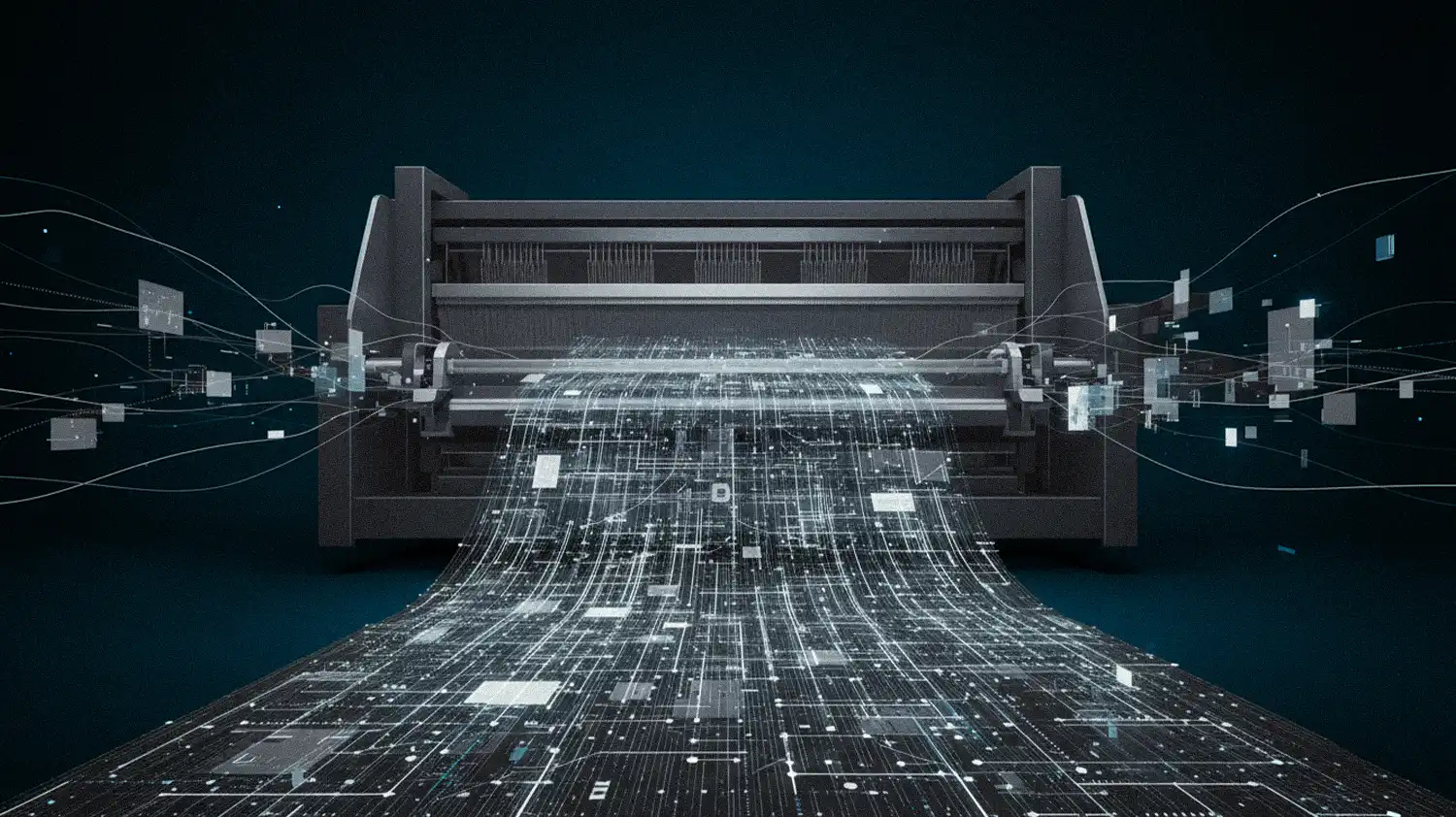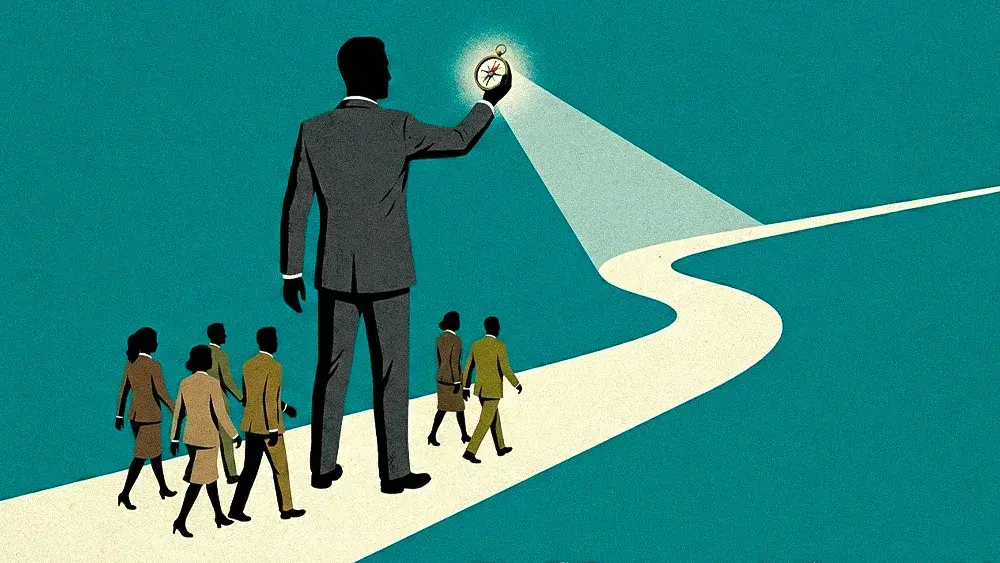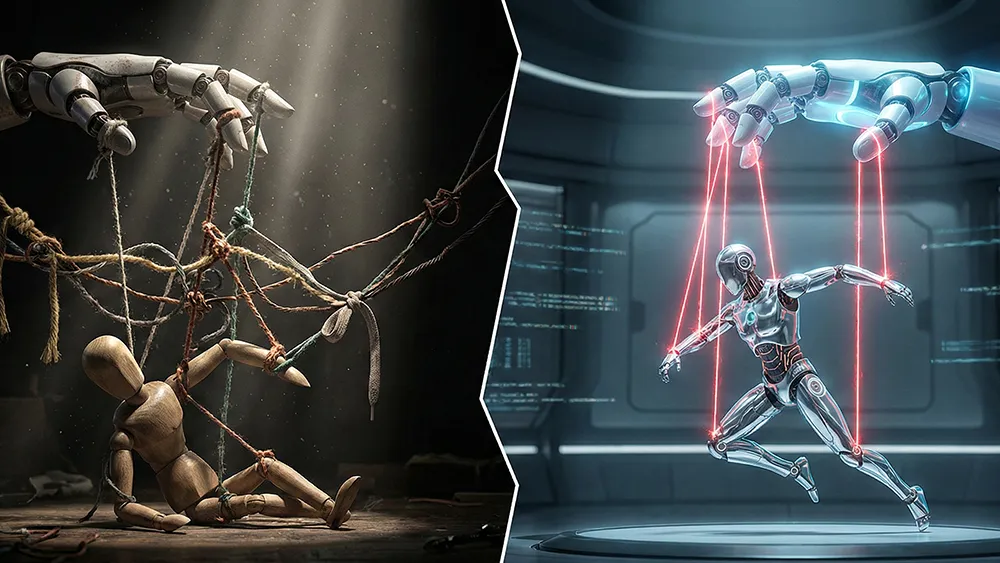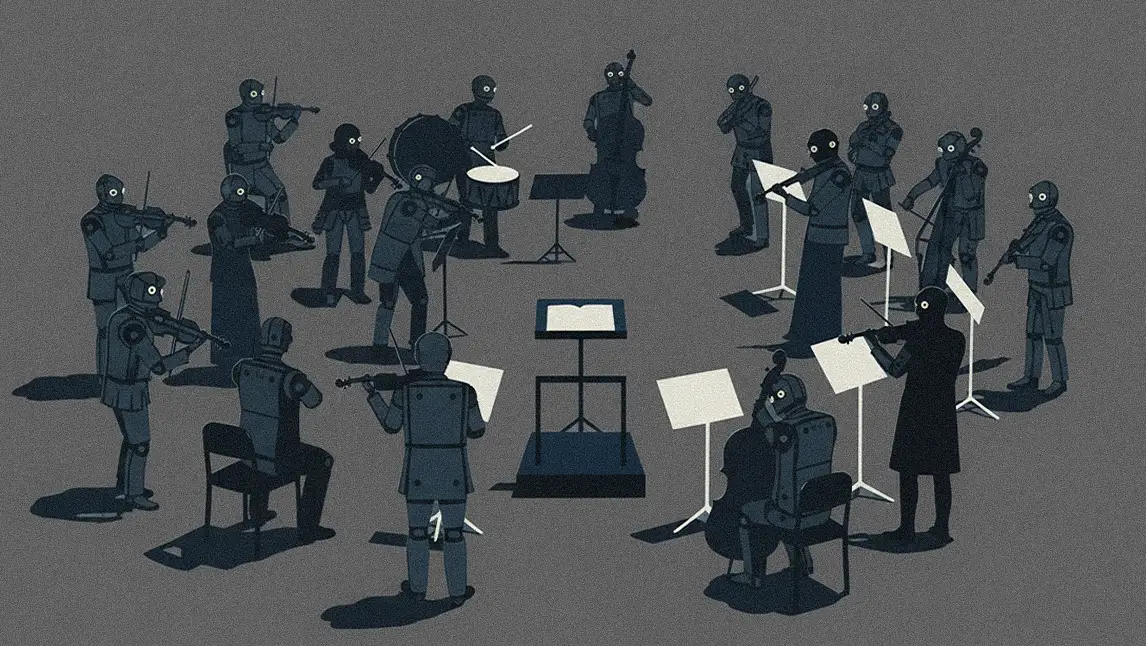
- Stripe enterprise leader Sheetal Kohli Rishi joined CIO News to discuss the importance of building a dynamic system of value exchange in AI workflows.
- According to Rishi, the future of AI lies not in the underlying LLMs, but in the orchestration layer connecting specialized models across domains like law, finance, and healthcare.
- Effective orchestration in industries like automotive can transform products into connected service platforms, she said.
As the startup world shifts focus from general-purpose LLMs to specialized models trained for narrow domains like law, finance, and healthcare, a more foundational change is underway in the enterprise. Increasingly, the future AI stack won’t be built around the models themselves, but the intelligent layer that connects the various LLMs. And for CIOs and other IT leaders, the long game isn't about choosing the right AI brain, it's about mastering orchestration.
CIO News spoke with Sheetal Kohli Rishi, a seasoned enterprise transformation leader whose career puts her at the center of this shift. From her time at McKinsey during the offshoring boom to her work on the front lines of commercial AI with IBM Watson nearly a decade ago, and now at Stripe, Rishi maintained a long-term, pragmatic view of technological waves -- even in the early days of AI, when the promise outpaced the reality.
"In my experience, where we were getting caught up, the ROI story just didn't make sense. The hardware cost of storage and compute was something people didn't talk about as often, and the processing ability was not what it is today," she recalled. "Back in the day, if you could analyze 25,000 variables—and I recall that number specifically—we were golden." Now, helping enterprises modernize their financial infrastructure at Stripe, Rishi argued that the technical and economic blockers have finally fallen away, demanding a new strategic playbook.
- The new power center: Rishi’s philosophy reframes the entire AI debate, moving the focus from the tools to the system that connects them. As she wrote in a recent post, "The most valuable AI won’t live in a category—it will live in your workflow. And the power center? It’s shifting to the orchestration layer."
According to Rishi, his orchestration layer isn't just about connecting APIs; it's about building a dynamic system of value exchange.
- A marketplace ecosystem: "The future is a marketplace ecosystem," Rishi explained. "The more data you can access for me from different data sources, be it my health habits, my food habits, or my travel, the better you will be able to predict the best new product or service for me. Connecting that data requires you to be part of a bigger, verticalized AI ecosystem versus trying to build something in your own little world. I don't think that will go too far."
To understand the urgency behind this shift to orchestration, one must first grasp why this AI moment is fundamentally different from past cycles. According to Rishi, the change isn't magic; it’s the result of two concrete technological unlocks that have finally reached critical mass after decades of development.
- The two great unlocks: "Compute is the fundamental reason why things are changing, and second is data availability," she stated. "The kind of data that AI can ingest has changed. It can be any format; it doesn't have to be in a table like a simple Excel with rows and columns. That's not required anymore. I believe it is going to be very different. It's not just eyewash."

This new reality demands a strategy that is less about predicting the future and more about building for it. Rishi used the automotive industry to illustrate what effective orchestration looks like in practice, painting a picture of a car that is no longer just a vehicle, but a connected service platform. In this world, the car communicates directly with insurance providers to file a claim, schedules its own maintenance, and acts as a secure wallet for a host of services. The key is not to build this entire ecosystem today, but to lay the architectural foundation that makes it possible tomorrow.
Building for tomorrow, today: "You cannot do all of this today," Rishi urged. "But what you can do is build in a way that allows you to create these completely extensible solutions, technology which can be interconnected to a wide variety of providers. You have to build in a way that you can connect with the initial capability that is out there, so you're not waiting for ten years to join the wave of innovation."
This strategy, however, is not just a technical challenge. It requires a profound shift in leadership mindset, moving from a culture of cautious waiting to one of decisive action. Rishi delivered a blunt assessment of the risks of inaction, arguing that the leaders who are waiting for calm waters will be left behind.
A mandate for action: "I think you have to bootstrap. Right? It's not going to be perfect. There won't be any calm waters," she said. This starts with creating accountability. "Point number one is leadership ownership. We need to set up councils or war rooms. A named, assigned individual needs to be focused on the art of the possible today versus what you can do in the future."
Ultimately, Rishi described the impact of this orchestrated, interconnected future extending far beyond corporate productivity. The same platforms that are changing how businesses operate are fundamentally re-architecting how humans live, work, and create value. The transformation is not just about enterprise efficiency; it's about the very fabric of our economic and social lives.
"So I think the way that people earn, the way that we consume resources, is up for a massive change... I think how we use our time, how we earn a living, how we make investments, how we make health choices, how the whole tourism industry works, how we discover things as humans—I think it's all up for change, much, much, much faster."
.svg)

